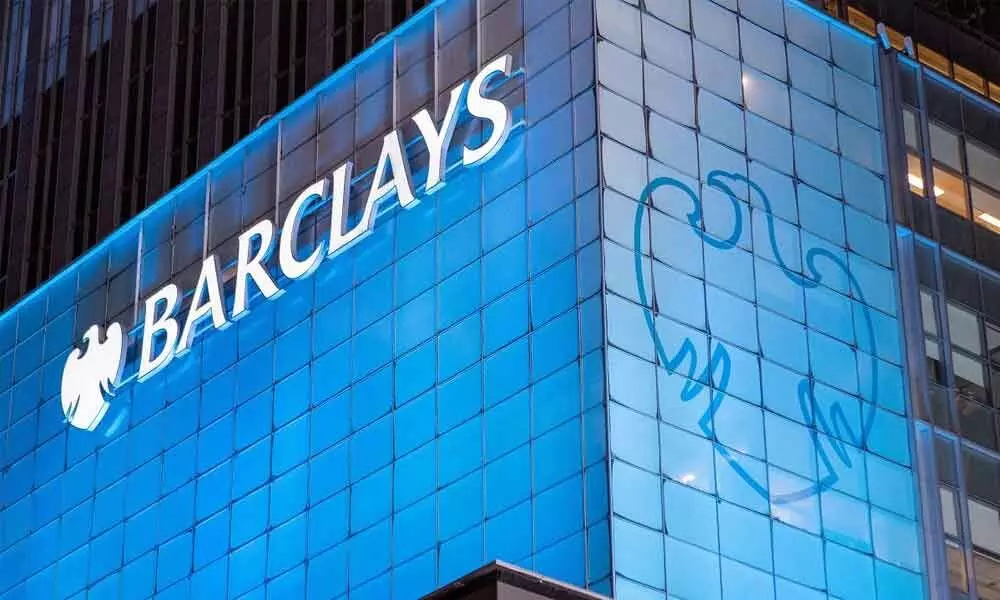Live
- Nomination filing picks up momentum in Kurnool, Nandyal districts
- Core Integra launches Ctrl F 2.0
- Ray, Nayak fighting for 4th term MLA in Rourkela
- New Delhi: Hockey star Dilip Tirkey aims at scoring winning goal
- IndiGo, Archer to launch electric air taxis in India
- Markets snap 4-day losing streak, up on value buying
- IMF praises India’s fiscal discipline in election year
- Srikakulam: YSRCP, TDP candidates continue to face rebel trouble
- Murder sparks protests; BJP targets Cong govt
- Visakhapatnam: Bheemili MLA denies ‘baseless’ rumours about his candidature









